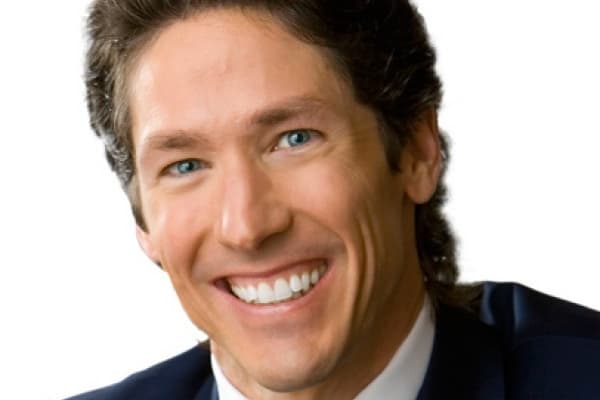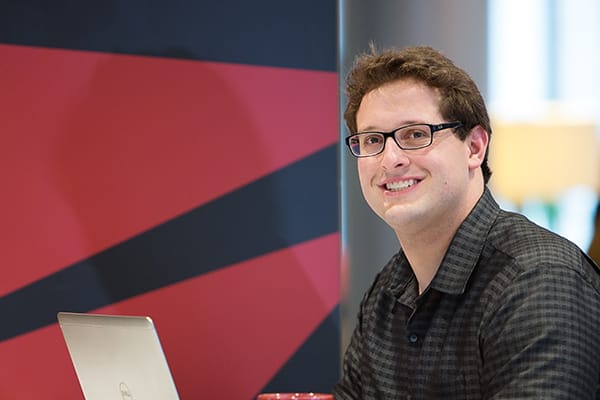Nagpur: Discussion of problems faced by the eastern world became the talk of the first day of Centre Point School, Wardhaman Nagar's maiden Model United Nation 'CENMUN 2017: One World One Nation' in association with The Times of India, on Saturday.
The conference attended by more than 400 delegates from schools and colleges across the city comprised 10 committees as per the United Nations curriculum, which debated on numerous problems crippling world peace.
The entire session was filled with formal as well as informal speeches, general session lectures, moderated caucus speeches, presidential statements and one-on-one challenge between the delegates along with Q&A sessions.
One-on-one sessions were the spark of the conference wherein one participant representing a particular country debated on a specific topic with another participant. The delegates were also tested during crisis wherein they were given situations based on world affairs and they had to come up with solutions for the same.
Chirag Kakkar, chair of Saarc committee, said, "The students do not get as much information about the globe as they learn from such conferences. This helps participants to be aware about the happenings and keeps them on their toes."
"The conference incorporates something new and different helping the delegates in their overall development. Not only do they get knowledge but also the learn art of patience and improve their listening skills," said Jai Vora, chair of Unesco committee.
Abhishek Puri, chair of Unicef, said, "The delegates are exposed to crisis enabling them to become problem solvers rather than mere orators. They learned about the importance of working as a whole rather than individuals."
"Providing such a platform to the students helps them understand the problems that plague the world which directly or indirectly affects every individual on the planet. The students get to understand crucial subjects like human rights and Globalization, as they can contribute to the growth of the society in future," said Himnashu Grover, chair of UNHRC.
Rutwik Joshi, chair of UNSC, said, "The students will learn about the functioning of the United Nations and the proceedings they follow. They will learn about diplomacy and the importance of international relations. Through such exposure, they can broaden their perception and understand the situation in a neutral form."
Harinoor Jham, student committee member, said, "One of the most important parts of the conference is the work ethics of the students as they are not only honing their vocation skills but also working on their management skills, thereby helping one develop in a true sense."
The conference attended by more than 400 delegates from schools and colleges across the city comprised 10 committees as per the United Nations curriculum, which debated on numerous problems crippling world peace.
The entire session was filled with formal as well as informal speeches, general session lectures, moderated caucus speeches, presidential statements and one-on-one challenge between the delegates along with Q&A sessions.
One-on-one sessions were the spark of the conference wherein one participant representing a particular country debated on a specific topic with another participant. The delegates were also tested during crisis wherein they were given situations based on world affairs and they had to come up with solutions for the same.
Chirag Kakkar, chair of Saarc committee, said, "The students do not get as much information about the globe as they learn from such conferences. This helps participants to be aware about the happenings and keeps them on their toes."
"The conference incorporates something new and different helping the delegates in their overall development. Not only do they get knowledge but also the learn art of patience and improve their listening skills," said Jai Vora, chair of Unesco committee.
Abhishek Puri, chair of Unicef, said, "The delegates are exposed to crisis enabling them to become problem solvers rather than mere orators. They learned about the importance of working as a whole rather than individuals."
"Providing such a platform to the students helps them understand the problems that plague the world which directly or indirectly affects every individual on the planet. The students get to understand crucial subjects like human rights and Globalization, as they can contribute to the growth of the society in future," said Himnashu Grover, chair of UNHRC.
Rutwik Joshi, chair of UNSC, said, "The students will learn about the functioning of the United Nations and the proceedings they follow. They will learn about diplomacy and the importance of international relations. Through such exposure, they can broaden their perception and understand the situation in a neutral form."
Harinoor Jham, student committee member, said, "One of the most important parts of the conference is the work ethics of the students as they are not only honing their vocation skills but also working on their management skills, thereby helping one develop in a true sense."
Get latest news & live updates on the go on your pc with News App. Download The Times of India news app for your device.















